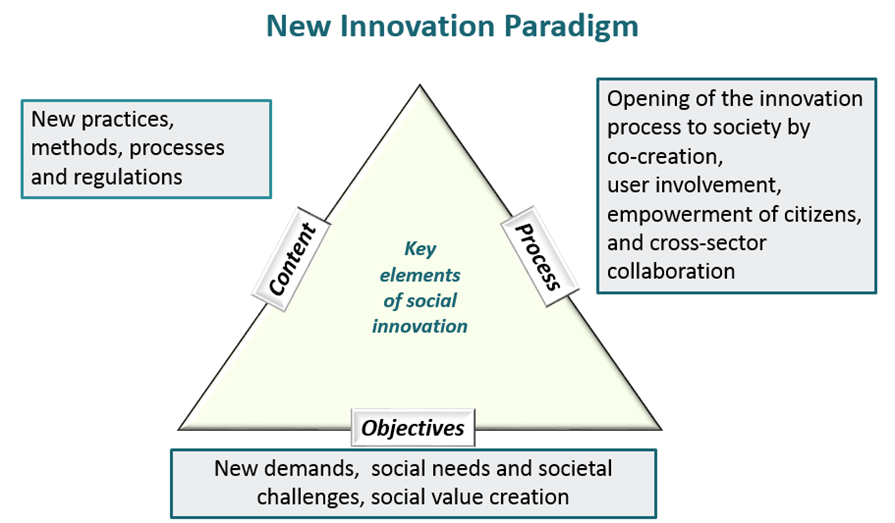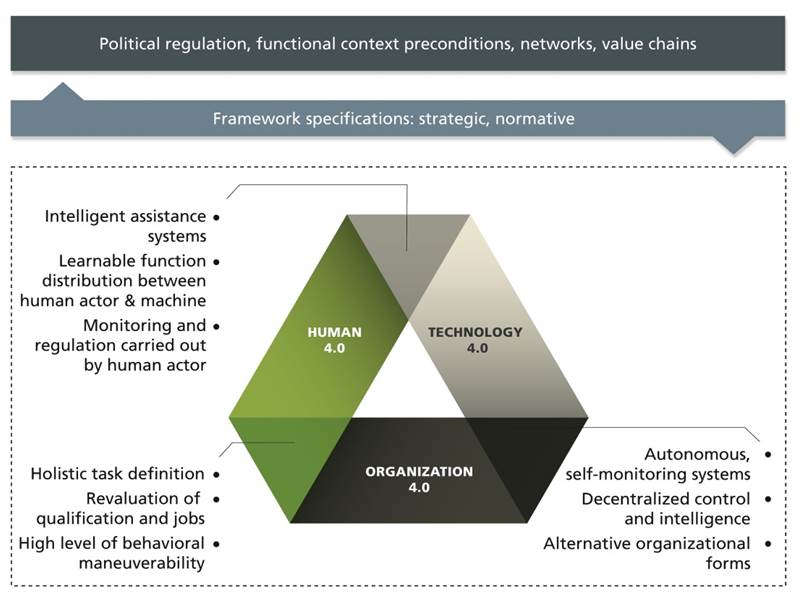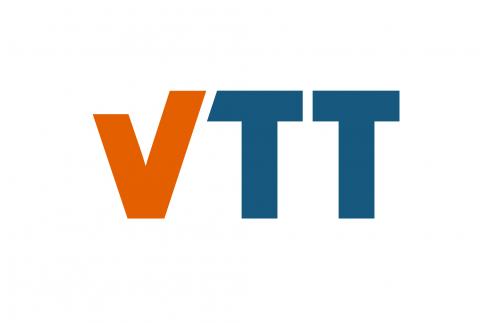A New Innovation Paradigm Based on Social Innovation
By Michael Kohlgrueber and Antonius Schroeder from Technische Universität Dortmund (http://www.sfs.tu-dortmund.de/cms/en/sfs_workingareas/index.html)
Social innovation focuses on changing social practices to overcome societal challenges, meeting social demands, and exploiting inherent opportunities in better ways than done before. It represents an understanding of innovation that goes beyond pure technological and/or business innovation.
Social innovations create social and economic value, they foster economic returns (in terms of increased efficiency, for instance) and social returns (such as contributing to a more sustainable, just and resilient society). Social innovations are an expression of a new innovation paradigm that addresses concrete societal objectives (e.g. not technological development as such but a technological based solution for a given societal challenge or social demand). The development of new practices/methods/processes is based on a strong participation of users and stakeholders (co-creation process).

Social innovation is not substitute but complement to technological innovation. “Improving technological innovation through a social innovation process” is a key target for this innovation approach.
It is no longer of a niche existence, since social innovation is strongly promoted in EU´s Social Agenda (Baroso), explicitly addressed in the Horizon 2020 Programme and subject of national campaigns like the High-Tech Strategy of the German Federal Government: Social innovation is going mainstream!
However, what does that mean for concrete applications in the context of digitization?
Within the COCOP project plant-wide optimisation is not only a technological but also a social innovation. The development of the technological innovation is operationalized within a sociotechnical system. This implies that not only technological developments (such as the software system) will be taken into account but also the interfaces technology - organisation, technology - personnel and organisation – personnel. Meaning that changes in every area of the triangle will affect the other two as well; the interrelations between the different relevant dimensions are considered as fundamental for a successful implementation of new solutions. The following figure shows the mentioned elements of a sociotechnical system human-technology-organisation and their interrelations.

Source: Dregger et al. (2016): The Digitization of Manufacturing and its Societal Challenges. http://ieeexplore.ieee.org/document/7560045/
The social innovation process of COCOP is involving (potential) users of the future COCOP system and relevant internal stakeholders within a co-creation process right from the beginning. This involvement is based on surveys (questionnaire and interviews) analysing the current core tasks of users and their work with computers (incl. experiences with user interfaces of computer systems). Furthermore, the requirements of users and stakeholders have been assessed. This is not only for creating acceptance for the technological solutions, but also for getting hints how to develop and implement the new system, so that it could unfold its full potential.
Considering the opinion, knowledge and acceptance of (end) users and the relevant stakeholders, combining and interrelating technological solutions with social and environmental impact is the ground for a more effective and more efficient innovation processes. In this context, the effective innovation process should be understood in terms of user-friendly and user-accepted outcomes, and efficient innovation process in terms of integrating practical implementation and challenges in the process and not at the end of the solution.
Follow the discussion in the COCOP Debate Group of Linkedin















